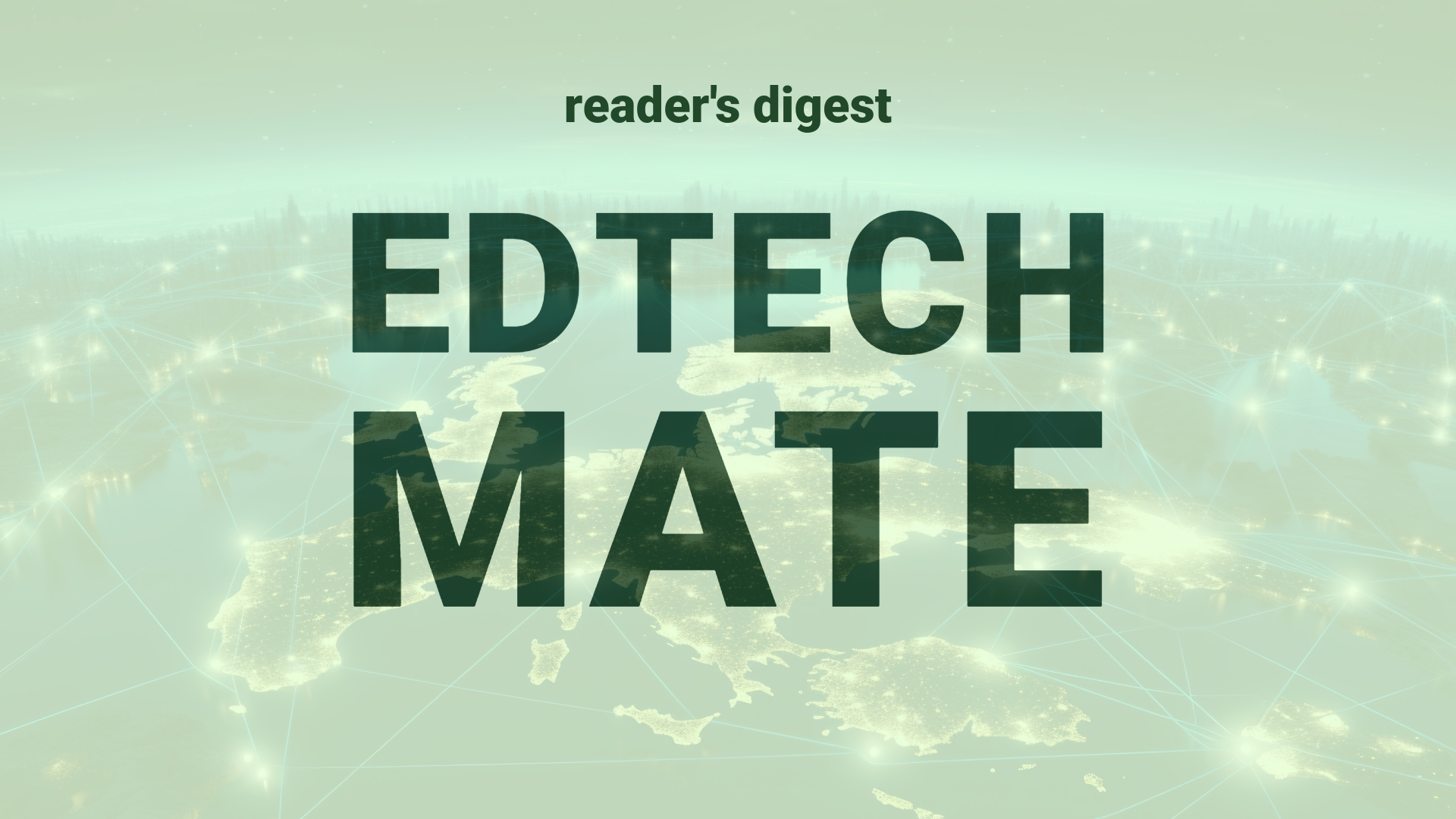Executive Summary and Main Points
The Junta de Extremadura’s General Secretariat for Digital Transformation and Cybersecurity has presented a plan to modernize local administrations and reduce bureaucracy through a commitment to efficiency and productivity via digitization and disruptive technologies. Key innovations include form standardization, minimization of paper documentation, simplification of regulatory frameworks, bottleneck avoidance, and information traceability. The utilization of robotics, automation, and artificial intelligence (AI) is emphasized, aiming to reduce human intervention in low-level repetitive tasks — all within an integrated, holistic, and collaborative approach.
Potential Impact in the Education Sector
The plan’s integral approach to administrative simplification and digital transformation has the potential to significantly influence Further Education and Higher Education. These sectors could see enhanced service delivery, where students and academic institutions are central to the public services. Adoption of the same technology stack, such as AI and automation, can streamline administrative processes, lead to strategic partnerships between edtech firms and educational institutions, and foster the growth of micro-credentials through advanced digital platforms.
Potential Applicability in the Education Sector
Innovative applications of AI and digital tools present promising opportunities for global education systems. For instance, AI could automate enrollment and grading systems, freeing educators to focus on teaching and research. Enhanced digital platforms could provide a framework for offering micro-credentials, thus facilitating lifelong learning and allowing universities to adapt rapidly to changing labor market demands. Strategic utilization of these digital transformations could lead to a more accessible, equitable, and personalized learning experience.
Criticism and Potential Shortfalls
While the vision for a digitally streamlined administration is ambitious, there are valid criticisms and concerns. These include the risk of reducing human employment in administrative roles and a potential increase in digital divide issues. Implementing AI and automation requires careful consideration of ethical standards and cultural sensitivity, particularly in the education sector where personal interaction is critical. International case studies illustrate diverse outcomes, necessitating a country-specific approach that accounts for ethical and cultural contexts.
Actionable Recommendations
For practical implementation, it is recommended that international education leadership commence with pilot projects targeting specific administrative tasks within education institutions. Partnerships with technology providers should be fostered to develop custom solutions that address unique challenges in the education sector. Training programs for staff to navigate new digital tools are crucial, alongside measures to protect against cyber threats. Further, a strong emphasis on equal access to technology will ensure that the digital transformation in education is inclusive and equitable for all students.
Source article: https://www.cio.com/article/2509683/la-ia-pivota-el-plan-de-simplificacion-administrativa-digital-de-extremadura.html

